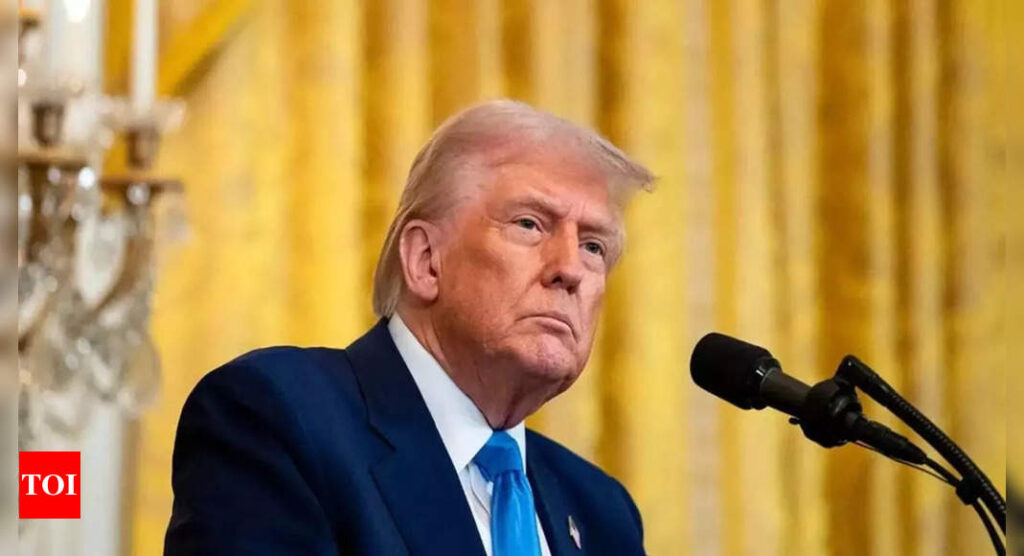Lincoln, Roosevelt, Trump: US presidents who have questioned the two-term limit in White House

Donald Trump never shy about pushing political boundaries, once again spoke about a potential third term. Despite the US Constitution’s clear prohibition, Trump has on several occasions floated the idea—sometimes as a joke, sometimes with apparent seriousness. In a recent interview, he even teased, “There are methods which you could do it.” While history has seen only one president defy the two-term tradition, Trump’s remarks raise the question: could he, or anyone, ever pull it off again?
The two-term limit was not originally enshrined in law but became an unwritten rule after Washington declined a third term in 1796. His voluntary departure set a precedent, followed by most successors. Some, like Abraham Lincoln, may have considered a third term, but circumstances prevented them. Ulysses S. Grant sought a third nomination in 1880 but failed, while Theodore Roosevelt’s attempt in 1912 also ended in defeat.
Franklin Delano Roosevelt, however, won four elections, citing the need for stability during World War II. His decision led to controversy, and after his death in 1945, Congress moved swiftly to ratify the 22nd Amendment, ensuring future presidents could serve no more than two terms. Harry Truman, who succeeded Roosevelt, was exempt from the new rule but chose not to run again after a primary defeat in 1952.
Since then, all presidents have adhered to the constitutional limit. Some, like Ronald Reagan, suggested repealing it for future leaders, but no serious efforts have succeeded. Trump, however, has repeatedly entertained the idea of staying in office beyond two terms. He has made remarks about running again in 2028, sometimes jokingly, sometimes with apparent seriousness. In a recent interview with NBC News, he insisted, “There are methods which you could do it.”
His comments have sparked concern, especially given his efforts to overturn his 2020 election defeat and his subsequent pardoning of supporters involved in the January 6 Capitol riot. Even some of his allies, such as Senate Majority Leader John Thune, dismiss the idea, saying Trump is merely “having some fun” with the press.
The 22nd Amendment is clear: “No person shall be elected to the office of the President more than twice.” Some Trump supporters argue that it only applies to consecutive terms, but legal scholars reject this interpretation. Others suggest a loophole where Trump could run as vice president and assume office if the elected president resigns. However, the Constitution states that a vice president must be eligible to serve as president, making such a scheme highly unlikely.
Even if Trump attempted another run, courts and election officials would almost certainly bar him from the ballot. States have previously disqualified candidates who failed to meet constitutional requirements, and the Supreme Court is unlikely to entertain any challenge to the two-term rule.






